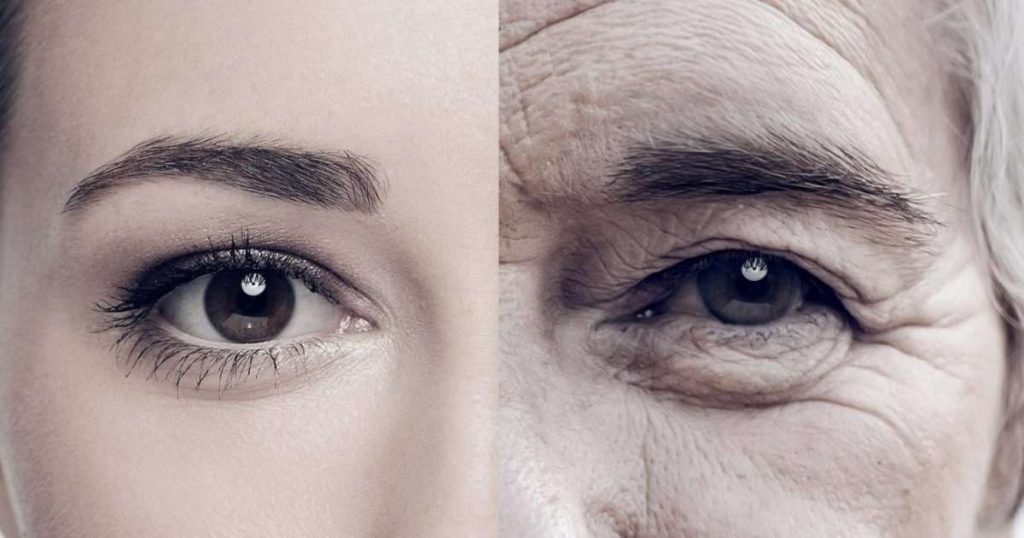Scientists have long been intrigued by the question: What is the maximum age a human can attain? Recent studies suggest that, despite advancements in healthcare and lifestyle, there may be a biological ceiling to human longevity.
Exploring the Limits of Human Longevity
Research conducted by scientists from Singapore’s biotech firm Gero and the Roswell Park Comprehensive Cancer Center in Buffalo, New York, has delved into the concept of the body’s “resilience”—its ability to recover from stress and damage—as a key factor in determining lifespan. Their findings, published in 2022, utilized AI-powered analysis of data from hundreds of thousands of individuals. The study concluded that even the most robust humans may reach a limit between 120 and 150 years of age. This suggests that, over time, the body’s recovery mechanisms deteriorate, making it increasingly difficult to maintain homeostasis and recover from even minor stressors. While the idea of living beyond 150 years remains in the realm of science fiction, the researchers acknowledged that ongoing pharmaceutical developments could theoretically slow aging and extend lifespans. However, they cautioned that such longevity is unlikely to become common in the near future.

Dutch Study Corroborates Findings
Complementing the findings from the U.S. and Singapore, Dutch researchers from Tilburg and Erasmus Universities analyzed data from 75,000 deaths in the Netherlands over the past 30 years. Their study revealed that the maximum lifespan for women is approximately 115.7 years, while for men, it is around 114.1 years. Professor John Einmahl, one of the researchers, emphasized that while average life expectancy has increased, the maximum ceiling has remained unchanged over the past three decades. This distinction highlights the difference between life expectancy—the average number of years a person is expected to live—and lifespan, which refers to the maximum age an individual can reach.
Notable Exceptions to the Rule
Despite these findings, there have been individuals who have surpassed these age limits. Jeanne Calment of France holds the record for the oldest verified human, having lived to 122 years before passing away in 1997. More recently, Maria Branyas Morera lived to 117 years, surviving both the 1918 Spanish flu and the COVID-19 pandemic. She attributed her longevity to “order, tranquility,” and “staying away from toxic people.” Currently, Ethel Caterham, aged 115, is the oldest living person, crediting her long life to “never arguing with anyone” and doing whatever she likes.
The Future of Human Lifespan
While these exceptional cases provide hope, the consensus among scientists is that there is a natural limit to human lifespan. Advancements in medicine and technology may continue to improve average life expectancy, but breaking through the upper limits of human age remains a significant challenge. As research continues, understanding the mechanisms of aging and resilience will be crucial in exploring ways to extend both lifespan and healthspan.

Conclusion
While scientific research indicates that the human lifespan has a biological ceiling between 120 and 150 years, ongoing studies and technological advancements continue to explore ways to extend both lifespan and healthspan. Balancing these pursuits with ethical considerations and societal impacts will be crucial as we navigate the future of human longevity.

















